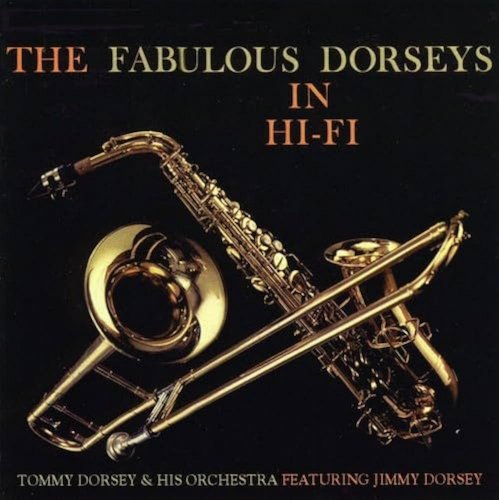Paolo Giacometti - Schubert: Sonata in A Minor, Op. 42 and 4 Impromptus, Op. 142 (1997)

Artist: Paolo Giacometti
Title: Schubert: Sonata in A Minor, Op. 42 and 4 Impromptus, Op. 142
Year Of Release: 1997
Label: Channel Classics Records
Genre: Classical
Quality: FLAC (tracks + booklet)
Total Time: 1:15:10
Total Size: 263 MB
WebSite: Album Preview
Tracklist:Title: Schubert: Sonata in A Minor, Op. 42 and 4 Impromptus, Op. 142
Year Of Release: 1997
Label: Channel Classics Records
Genre: Classical
Quality: FLAC (tracks + booklet)
Total Time: 1:15:10
Total Size: 263 MB
WebSite: Album Preview
1. Sonata in A Minor, Op. 42: I. Moderato (12:30)
2. Sonata in A Minor, Op. 42: II. Andante, poco mosso (11:41)
3. Sonata in A Minor, Op. 42: III. Scherzo, Allegro vivace (07:26)
4. Sonata in A Minor, Op. 42: IV. Rondo, Allegro vivace (05:43)
5. 4 Impromptus, Op. 142: I. F Minor, Allegro moderato (10:36)
6. 4 Impromptus, Op. 142: II. A Flat Major, Allegretto (07:38)
7. 4 Impromptus, Op. 142: III. B Flat Major, Andante (11:28)
8. 4 Impromptus, Op. 142: IV. F Minor, Allegro scherzando (08:03)
Franz Schubert (Vienna, 1797-1828) was the son of a schoolteacher who was also an amateur cellist. He received musical instruction starting an early age from the local parish organist, who recognized and encouraged his unusual musical talent; this did not please Schubert’s father, who would have preferred his son to follow in his own footsteps as a teacher. Ultimately, Schubert chose to be a composer. His contemporaries did not take him seriously, and he was only able to survive thanks to the support of a small group of friends and admirers. Both the Sonata in a minor op. 42 and the four Impromptus op. 142 were written towards the end of Schubert’s life, in 1825 and 1826 respectively. Unlike many of his compositions which are now famous, the Sonata was actually published during Schubert’s lifetime, in 1826. The Impromptus, however, were declared “too difficult” by his publisher; they were not to be published until 1829, ten years after his death, by Diabelli. From that moment on, the Impromptus attained their stature as important compositions…..

![Tom Cohen - Embraceable Brazil (2025) [Hi-Res] Tom Cohen - Embraceable Brazil (2025) [Hi-Res]](https://img.israbox.com/img/2025-12/18/vgt0kbsml69jbixcu67jkruae.jpg)





![The Baroque Jazz Ensemble - The Baroque Jazz Ensemble (feat. Ira Schulman) (2025) [Hi-Res] The Baroque Jazz Ensemble - The Baroque Jazz Ensemble (feat. Ira Schulman) (2025) [Hi-Res]](https://img.israbox.com/img/2025-12/19/yehoqbmzkuwk180c26lz85clx.jpg)
